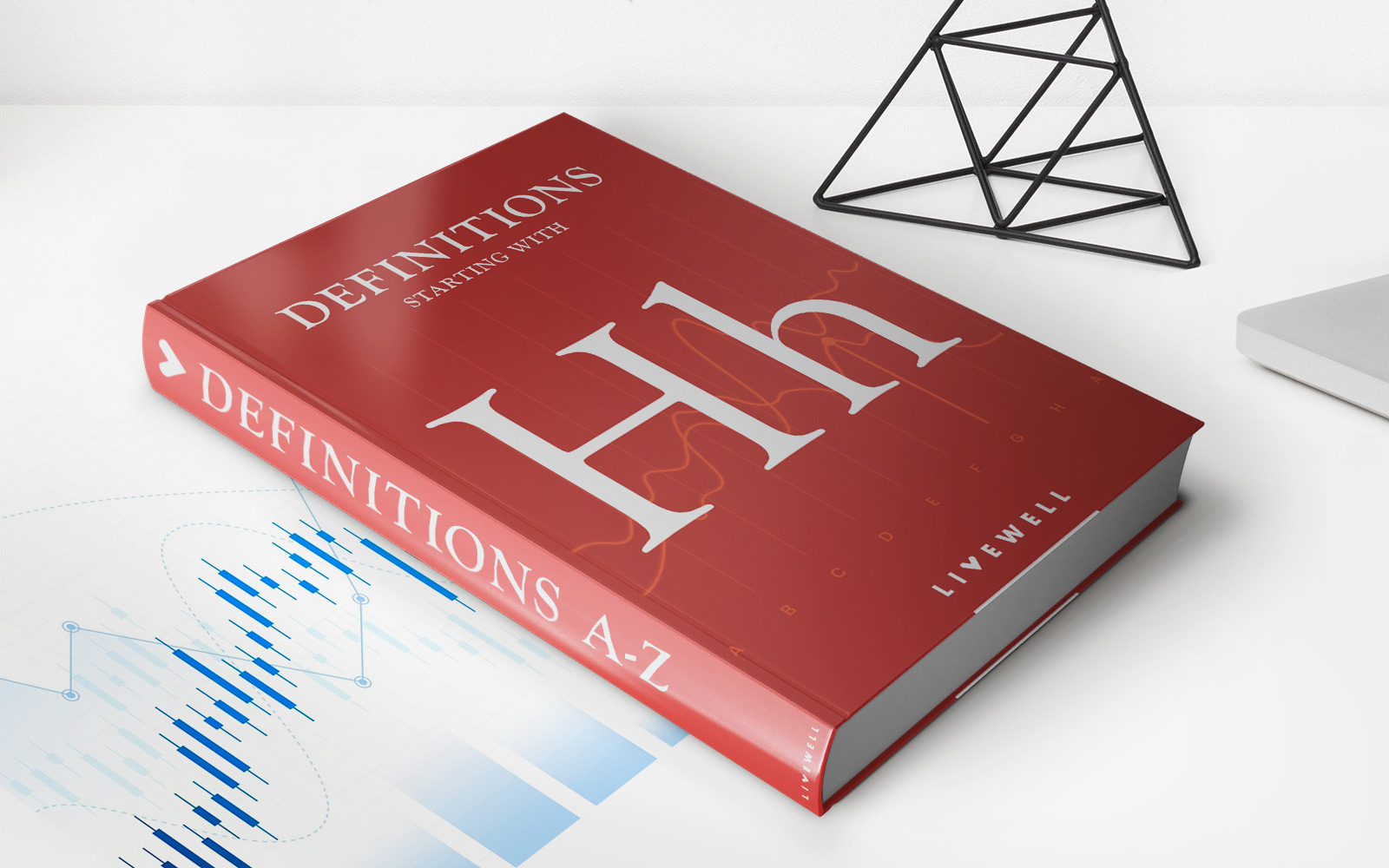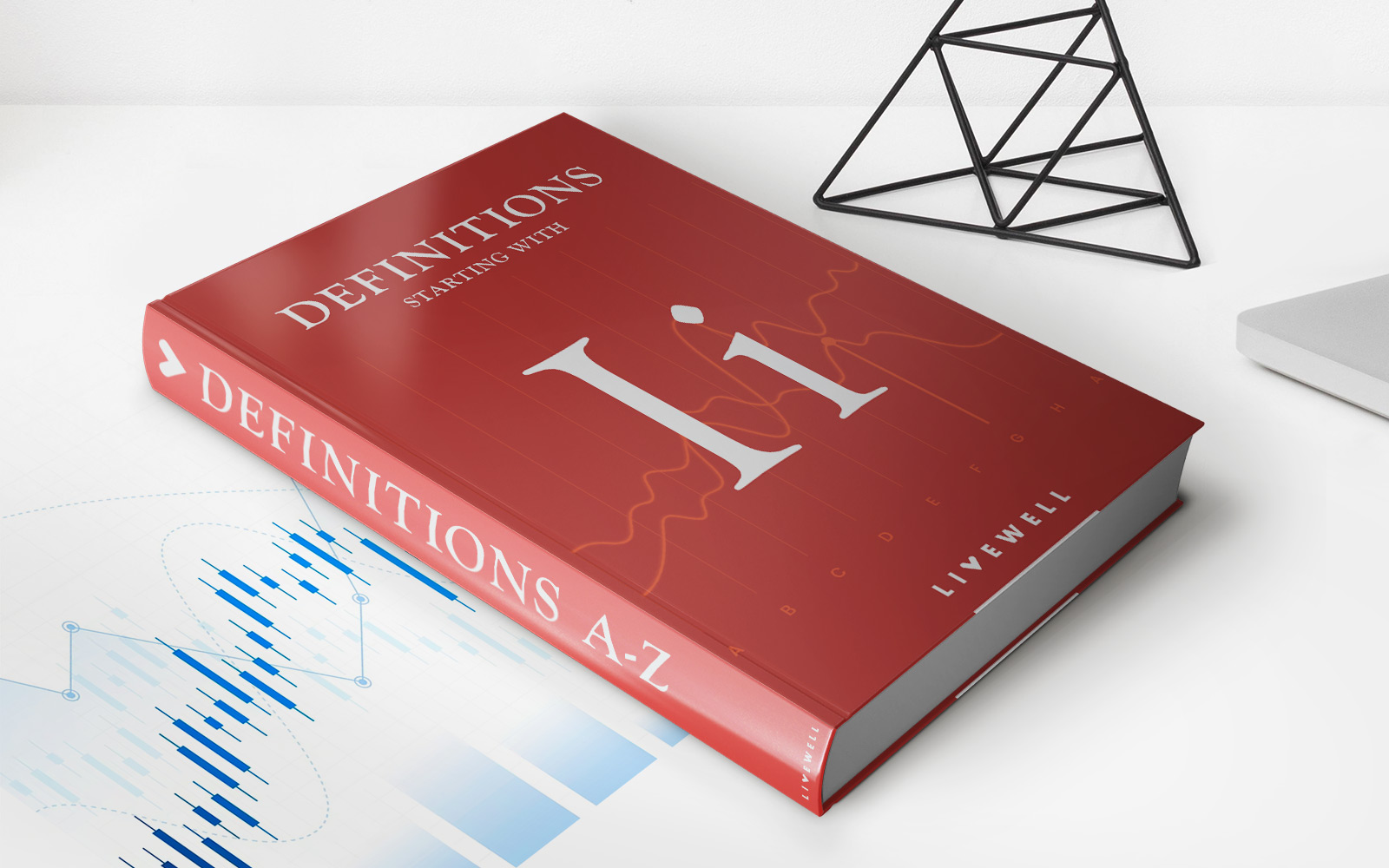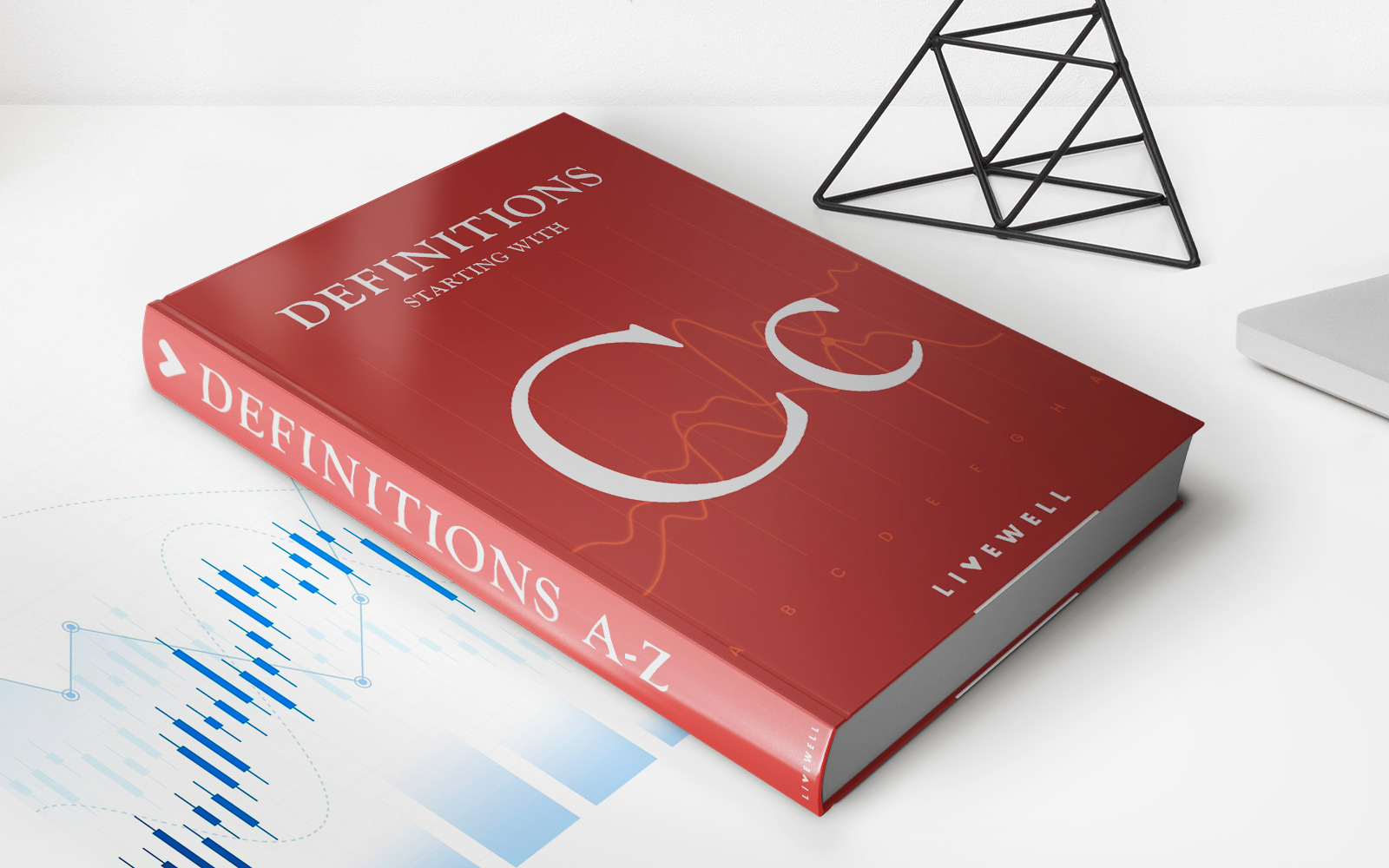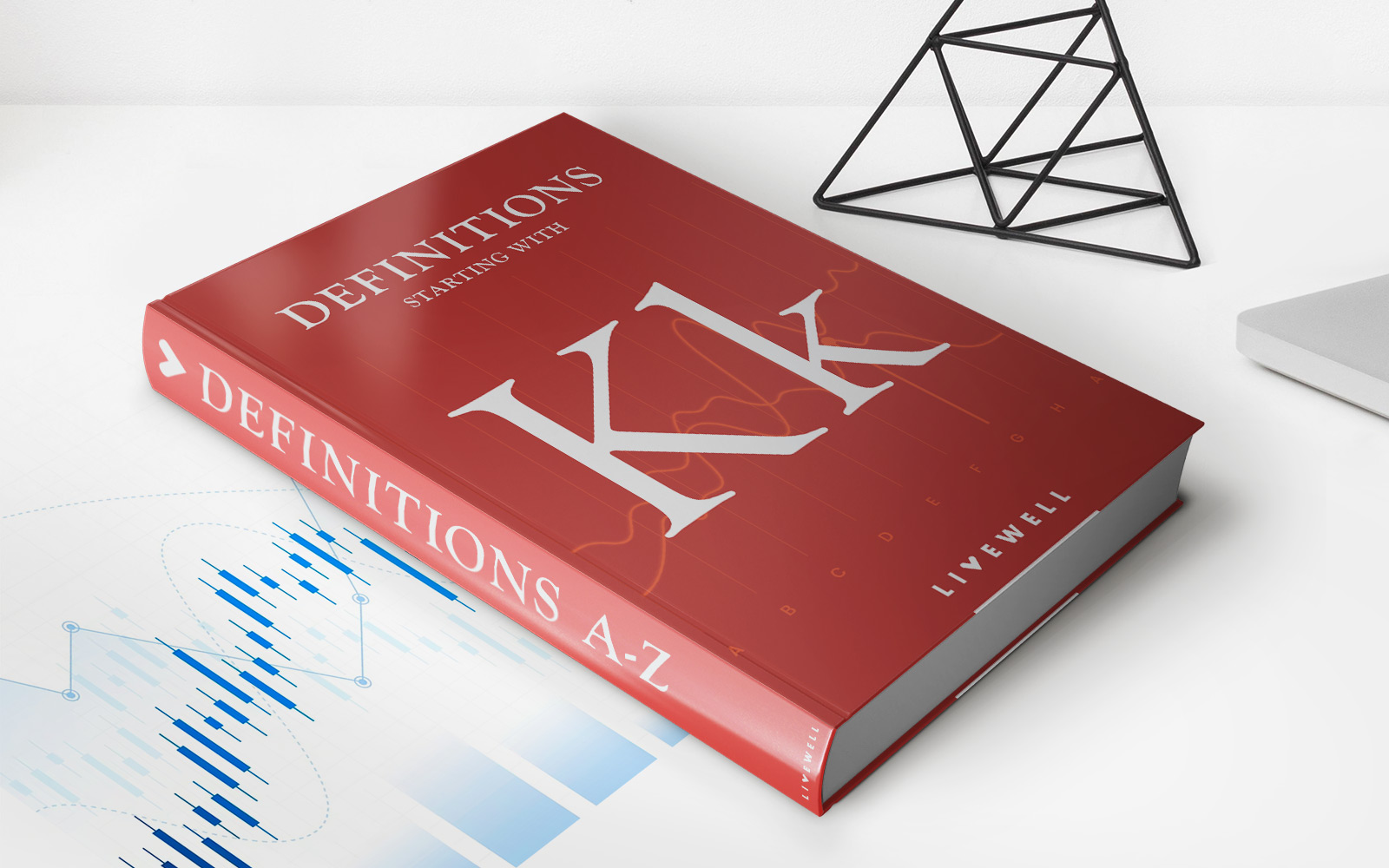Home>Finance>What Questions To Ask When Buying Life Insurance


Finance
What Questions To Ask When Buying Life Insurance
Modified: March 1, 2024
Looking to buy life insurance? Learn the important finance-related questions to ask before making a decision on your life insurance policy.
(Many of the links in this article redirect to a specific reviewed product. Your purchase of these products through affiliate links helps to generate commission for LiveWell, at no extra cost. Learn more)
Table of Contents
- Introduction
- Why do you need life insurance?
- How much life insurance coverage do you need?
- What type of life insurance policy is best for you?
- What is the premium cost and affordability?
- What are the policy terms and conditions?
- Are there any exclusions or limitations?
- Is the policy customizable or convertible?
- What is the reputation and financial strength of the insurance company?
- What is the claims process like?
- Does the policy offer any additional benefits or riders?
- Are there any discounts or savings available?
- Conclusion
Introduction
When it comes to financial planning, life insurance is an important consideration that often gets overlooked. Many people assume that life insurance is only necessary for those with dependents or high net worth individuals. However, the reality is that life insurance can provide financial security and peace of mind for anyone.
Life insurance serves as a safety net for your loved ones in case of your untimely demise. It can help cover funeral expenses, outstanding debts, mortgage payments, and even provide an income replacement for your dependents. Additionally, life insurance can be utilized to pass on wealth to future generations, support charitable causes, or cover estate taxes.
With the myriad of life insurance policies available in the market, it’s important to approach the buying process with careful consideration. Asking the right questions can help you navigate through the options and find the most suitable policy for your needs. In this article, we’ll explore the key questions to ask when buying life insurance to ensure you make an informed decision.
Why do you need life insurance?
Understanding why you need life insurance is the first step in determining the type and amount of coverage that is appropriate for your situation. Life insurance provides financial protection and can be beneficial in several scenarios.
One of the primary reasons for obtaining life insurance is to provide for your loved ones in the event of your passing. If you have dependents, such as a spouse, children, or aging parents who rely on your income, life insurance can fill the financial gap and ensure they are taken care of in your absence. It can cover expenses such as daily living costs, education expenses, outstanding debts, or even future financial goals.
Addtionally, life insurance can be used to cover funeral expenses, which can be quite substantial. The cost of a funeral, including the services, burial plot, casket, and other related expenses, can easily reach several thousand dollars. Having life insurance can relieve your family of the financial burden during an already emotionally challenging time.
Furthermore, life insurance can be part of a comprehensive estate planning strategy. It can help preserve your wealth for future generations, provide liquidity to pay estate taxes, and ensure a smooth transfer of assets. In some cases, life insurance can also serve as a means to support charitable causes or leave a legacy.
Ultimately, the need for life insurance varies from person to person. Assessing your financial obligations, future goals, and the impact of your absence on your loved ones is crucial in determining whether life insurance is necessary and what type of coverage is suitable for you.
How much life insurance coverage do you need?
Determining the appropriate amount of life insurance coverage is crucial to ensure that your loved ones are adequately protected financially. To calculate the ideal coverage amount, consider the following factors:
- Your existing financial obligations: Take into account any outstanding debts such as mortgages, car loans, student loans, or credit card debt. The insurance coverage should be sufficient to cover these liabilities in the event of your passing.
- Annual income replacement: Consider how much income your family would need to maintain their current standard of living. Multiply your annual income by the number of years you would like to provide financial support to your dependents.
- Education expenses: If you have children or plan on funding their education, factor in the cost of tuition, books, and other educational expenses. Determine how much coverage you’ll need to ensure their educational needs are met.
It’s important to remember that life insurance needs can change over time, so regularly reassessing your coverage amount is advisable, especially during significant life events such as marriage, birth of a child, or purchasing a home.
Working with a financial advisor or using online calculators can also help you determine the appropriate coverage amount based on your specific circumstances. They can provide valuable insights and guidance to ensure that your coverage meets your family’s financial needs.
What type of life insurance policy is best for you?
When it comes to life insurance, there are several types of policies to choose from. Each type offers different benefits and features, so it’s important to understand your options before making a decision.
Here are the most common types of life insurance policies:
- Term Life Insurance: Provides coverage for a specific duration, typically 10, 20, or 30 years. This is the most affordable type of life insurance and is suitable for individuals who need coverage for a specific period, such as while they have dependents or until a specific debt is paid off.
- Whole Life Insurance: Offers coverage for the entire lifetime of the insured. It provides both a death benefit and a cash value component that grows over time. Whole life insurance offers lifetime coverage and can be used as an investment vehicle.
- Universal Life Insurance: Combines a death benefit with a savings component. Universal life insurance offers flexibility in premium payments and death benefit amounts. It allows policyholders to adjust their coverage and premium payments as their financial situation changes.
- Variable Life Insurance: Similar to whole life insurance, but with the added ability to invest the cash value portion of the policy in various investment options. The cash value fluctuates based on the performance of the investments selected.
- Indexed Universal Life Insurance: Provides a death benefit and a cash value component that is linked to a specific market index, such as the S&P 500. The cash value has the potential for growth based on the performance of the chosen index.
Choosing the best type of life insurance policy depends on your unique circumstances and financial goals. If you are looking for temporary coverage and affordability, term life insurance may be the right option. If you want lifelong coverage with a cash value component, whole life insurance or universal life insurance could be suitable.
It’s important to carefully review the terms, conditions, and benefits of each policy type before making a decision. Consulting with a licensed insurance professional can provide valuable insights and help you determine the most suitable type of life insurance policy for your specific needs.
What is the premium cost and affordability?
When considering life insurance, it’s essential to understand the premium cost and affordability of the policy. The premium is the amount you pay to the insurance company in exchange for coverage. Here are some factors to consider when evaluating the premium cost:
- Age: Generally, life insurance premiums increase as you get older. It’s advisable to purchase life insurance at a younger age to secure lower premium rates.
- Health and lifestyle: Your health and lifestyle habits can impact the premium cost. Insurance companies typically conduct a medical underwriting process to assess your health risks. Factors such as pre-existing medical conditions, smoking, or risky hobbies can increase the premium.
- Policy type and coverage amount: The type of life insurance policy you choose and the amount of coverage you require will affect the premium cost. Whole life insurance and other permanent policies tend to have higher premiums compared to term life insurance.
- Policy duration: For term life insurance, the duration of the policy will impact the premium. Longer-term policies generally have higher premiums compared to shorter-term policies.
- Add-ons or riders: Additional benefits or riders added to your policy, such as critical illness coverage or disability benefits, will increase the premium cost.
It’s crucial to assess your budget and financial situation to determine the affordability of the premium. Consider your income, expenses, and financial goals when evaluating the premium cost. Be realistic about what you can comfortably afford without putting a strain on your finances.
Keep in mind that life insurance is a long-term commitment, and it’s important to choose a policy that you can sustain over time. It’s advisable to shop around and compare quotes from different insurance companies to find the most competitive premium rates for the coverage you need.
Remember, affordability should not be the sole deciding factor when choosing a life insurance policy. Consider the coverage, benefits, and reputation of the insurance company in addition to the premium cost. Striking a balance between affordability and adequate coverage is crucial to ensure the financial security of your loved ones.
What are the policy terms and conditions?
Understanding the terms and conditions of a life insurance policy is essential to ensure that the coverage meets your needs and expectations. Here are some key aspects to consider:
- Policy Duration: Determine the length of coverage provided by the policy. For term life insurance, this is typically a specific number of years, while for permanent policies, it covers the insured’s lifetime.
- Death Benefit: The death benefit is the amount that will be paid out to your beneficiaries upon your death. It’s important to confirm the details of the death benefit, such as whether it is a level benefit or decreases over time.
- Premium Payment Frequency: Understand how often you will need to make premium payments – monthly, quarterly, annually, or as a lump sum. Ensure that the payment frequency aligns with your financial situation and preferences.
It’s crucial to read the policy documents carefully and ask your insurance agent or representative to clarify any terms or conditions that you are unsure about. Understanding the policy terms and conditions will help you make an informed decision and avoid any surprises or misunderstandings in the future.
Are there any exclusions or limitations?
When purchasing a life insurance policy, it’s important to be aware of any exclusions or limitations that may affect the coverage. Exclusions are specific circumstances or events that the policy does not cover, while limitations are restrictions or conditions that may impact the benefits. Understanding these factors will help you make an informed decision and ensure that the policy meets your needs. Here are some common exclusions and limitations to consider:
- Pre-existing conditions: Some policies may exclude coverage for pre-existing medical conditions. This means that if you pass away as a result of a condition that was present before obtaining the policy, the death benefit may not be paid out.
It’s crucial to carefully review the policy documents and ask your insurance agent or representative about any exclusions or limitations that may apply to your specific circumstances. Transparency and providing accurate information when applying for coverage is essential to ensure that you are fully aware of any restrictions or conditions associated with your life insurance policy.
Is the policy customizable or convertible?
When considering a life insurance policy, it’s important to understand if the policy offers any customization or conversion options. These features can provide flexibility and adaptability to your changing needs over time. Here are two key aspects to consider:
1. Customizable Options:
Some life insurance policies offer customization options that allow you to tailor the coverage to meet your specific needs. This may include the ability to adjust the death benefit amount, choose different premium payment frequencies, or add riders for additional coverage. Riders are optional policy add-ons that provide benefits beyond the basic policy, such as critical illness coverage or disability benefits. Customizable options can help you customize the policy to better suit your unique circumstances and financial goals.
2. Convertibility Option:
Term life insurance policies often come with a convertibility option, which allows you to convert the policy into a permanent life insurance policy without the need for a medical exam or underwriting. This can be beneficial if you initially purchase a term policy for its affordability and later decide you want lifelong coverage. The conversion option eliminates the need to requalify based on your health or insurability at the time of conversion.
Understanding if the policy is customizable or convertible is essential to ensure that it can adapt to your changing needs and circumstances throughout your lifetime. It’s important to review the policy documents or speak with your insurance agent to understand the specific customization or conversion options available with the life insurance policy you are considering.
Having the ability to customize or convert your policy can provide peace of mind, knowing that you have the flexibility to adjust your coverage as your life evolves. It’s always advisable to evaluate your long-term financial goals and consider what options may be most suitable for your specific needs when choosing a life insurance policy.
What is the reputation and financial strength of the insurance company?
When buying life insurance, one of the key factors to consider is the reputation and financial strength of the insurance company. This is crucial because you want to ensure that the company will be able to fulfill their commitments and pay out the death benefit when the time comes. Here are some important considerations:
- Company Reputation: Research the reputation of the insurance company in the industry and among policyholders. Look for customer reviews, ratings, and feedback to get insights into their customer service, claims handling, and overall performance.
- Industry Ratings: Check the ratings given to the insurance company by independent rating agencies such as Standard & Poor’s, Moody’s, or A.M. Best. These agencies evaluate the financial strength, stability, and ability to meet policyholder obligations of insurance companies.
- Financial Strength: Assess the financial strength and stability of the insurance company by reviewing their financial statements, such as their annual reports and financial ratios. A financially strong company is more likely to be able to meet its obligations and provide long-term security.
- Longevity: Consider the company’s longevity in the industry. A company with a long history indicates stability and experience in handling life insurance policies and paying out claims over time.
- Claims Processing: Research the company’s claims processing efficiency and track record. Look for information regarding the time it takes for claims to be processed and paid, as well as their reputation for fairness in claim settlements.
Doing thorough research and due diligence on the reputation and financial strength of the insurance company can provide you with confidence and peace of mind in your decision. A reputable and financially strong company will not only ensure the prompt payment of claims but also provide support and assistance to policyholders throughout the life of the policy.
Insurance regulatory authorities may also provide information on the company’s compliance and standing within the industry. By considering these factors, you can make an informed decision and choose an insurance company that is trustworthy and reliable in providing life insurance coverage.
What is the claims process like?
Understanding the claims process is crucial when buying life insurance. The claims process is the procedure that you or your beneficiaries will need to follow to file a claim and receive the death benefit. Here are some key points to consider:
- Contact Information: Obtain the contact information of the insurance company’s claims department, including phone numbers, email addresses, and mailing addresses. It’s important to have this information readily available in case of a life insurance claim.
It’s important to review the policy documents and understand the specific claims process for the insurance policy you are considering. Additionally, discussing the claims process and any concerns with your insurance agent or representative can provide clarity and address any questions you may have.
Choosing an insurance company with a reputation for efficient and fair claims processing can help streamline the process and ensure a smooth experience for your beneficiaries during a difficult time.
Does the policy offer any additional benefits or riders?
When evaluating life insurance policies, it’s important to inquire about additional benefits or riders that can enhance the coverage. These optional additions can provide extra protection and tailor the policy to better meet your specific needs. Here are some common additional benefits and riders to consider:
- Critical Illness Rider: This rider provides a lump sum payment if the insured is diagnosed with a specified critical illness, such as cancer, heart attack, or stroke. It can help cover medical expenses or provide financial support during a period of illness.
Additional benefits and riders can be an excellent way to enhance the coverage and address specific concerns or financial goals. It’s important to understand the costs associated with each rider and evaluate their relevance to your individual circumstances. Discussing the available options with your insurance agent or representative can help you determine which riders are most beneficial for your needs.
Remember that riders are optional and may come at an additional cost. Carefully review the terms and conditions of each rider to understand the coverage, limitations, and any exclusions that may apply.
Are there any discounts or savings available?
When purchasing a life insurance policy, it’s worth inquiring about any discounts or savings opportunities that may be available. These incentives can help reduce the overall cost of the policy or provide additional benefits. Here are some common discounts and savings options to consider:
- Non-Smoker Discount: Many insurance companies offer discounted rates for individuals who do not smoke or have quit smoking for a certain period. Non-smokers generally pose lower health risks, leading to lower premiums.
It’s important to note that not all insurance companies offer the same discounts, and eligibility criteria may vary. Be sure to inquire about any potential savings opportunities when obtaining quotes or discussing policy options with insurance agents or representatives.
Additionally, it’s essential to balance the potential savings with the overall coverage and features of the policy. While discounts can help reduce costs, it’s crucial to ensure that the policy meets your specific needs and provides adequate coverage for your loved ones.
Take the time to compare quotes from different insurance providers and explore the available discounts to find the most cost-effective and suitable life insurance policy for your circumstances.
Conclusion
When buying life insurance, asking the right questions is crucial to ensure you make an informed decision that aligns with your financial goals and provides the necessary financial protection for your loved ones. The questions discussed in this article serve as a guide to help you navigate the life insurance buying process. By considering factors such as your specific needs, coverage amount, policy type, affordability, and additional benefits, you can make a well-informed choice.
Remember to thoroughly evaluate the reputation and financial strength of the insurance company you are considering. A reputable company with a strong track record ensures that your beneficiaries will receive the death benefit when the time comes. Understanding the policy terms, exclusions, and limitations is crucial to avoid any surprises or misunderstandings in the future.
Lastly, explore the available customization options, conversion opportunities, and discounts or savings that may be applicable to your policy. These features can enhance the flexibility, adaptability, and affordability of your life insurance coverage.
Choosing the right life insurance policy requires careful consideration and research. It is recommended to consult with licensed insurance professionals, compare quotes from multiple providers, and review policy documents thoroughly to make an informed decision.
By asking the right questions, understanding your needs, and exploring your options, you can find a life insurance policy that provides financial security, peace of mind, and protection for your loved ones, ensuring a more secure future for all.














